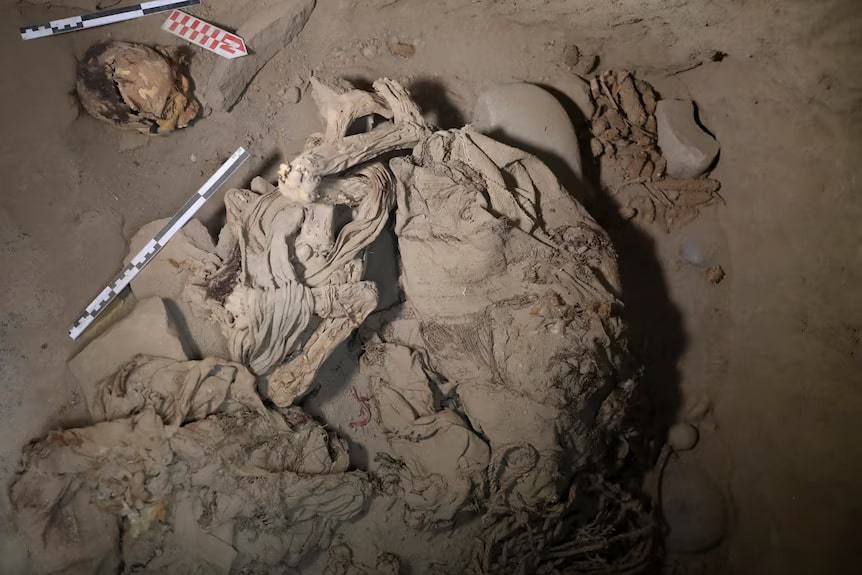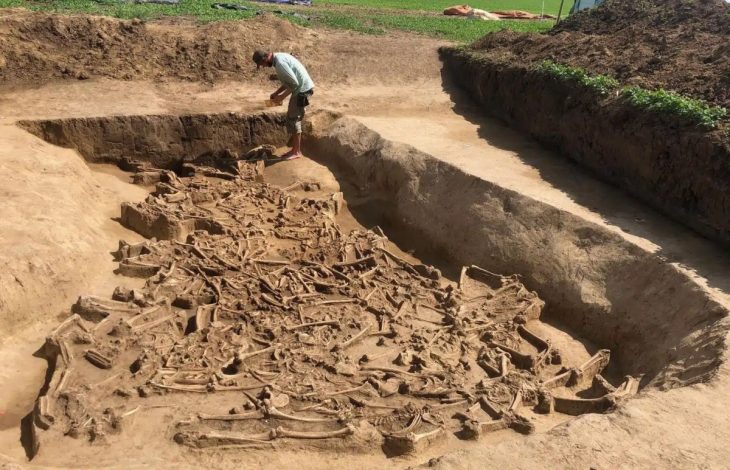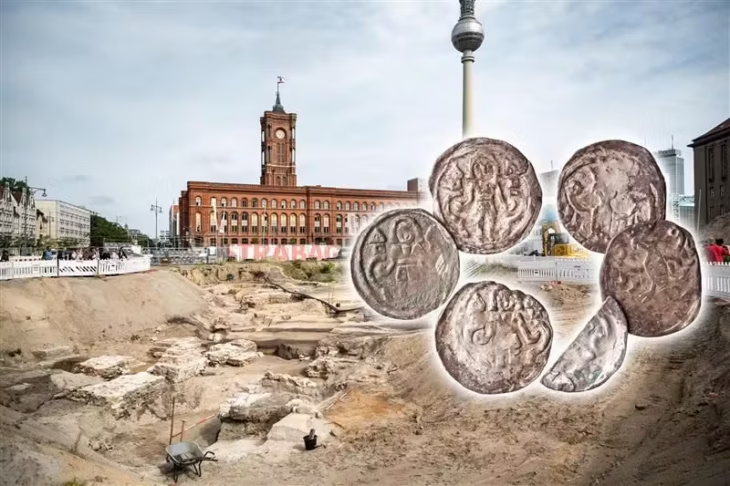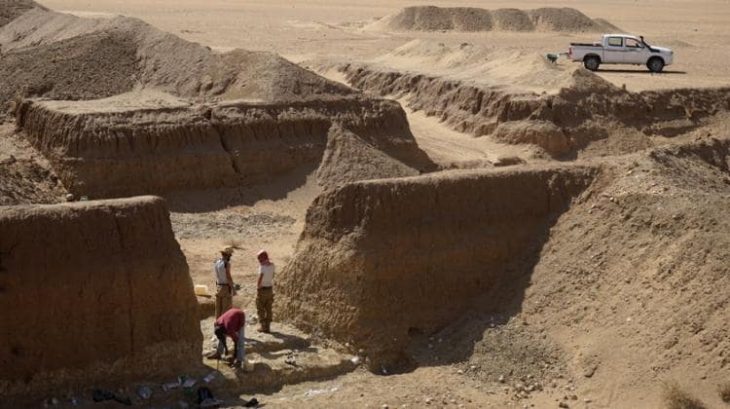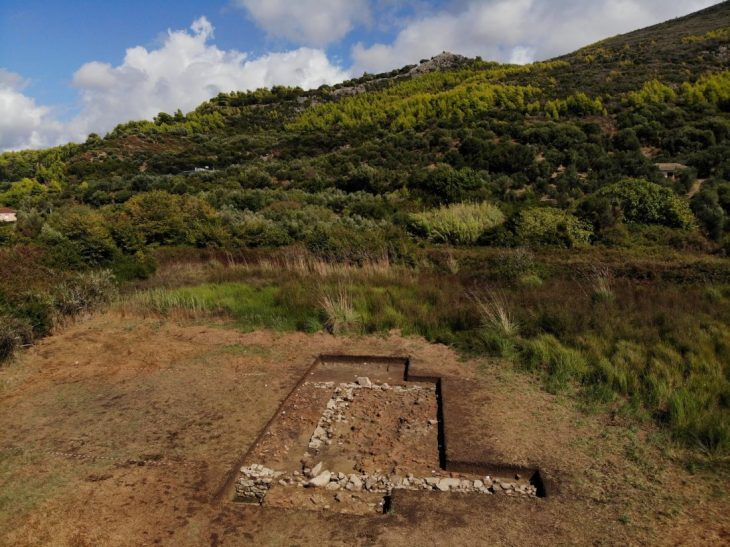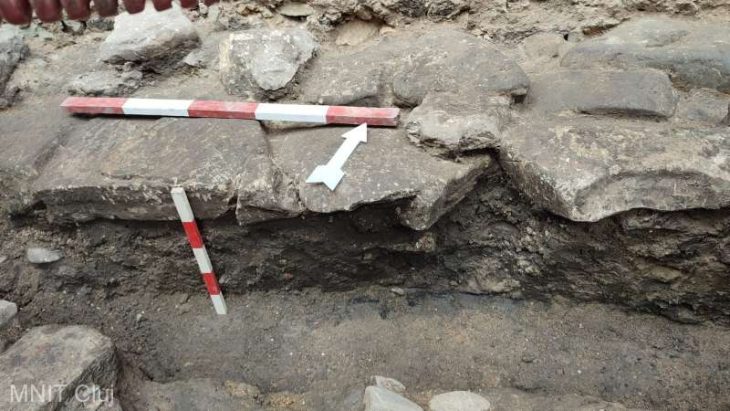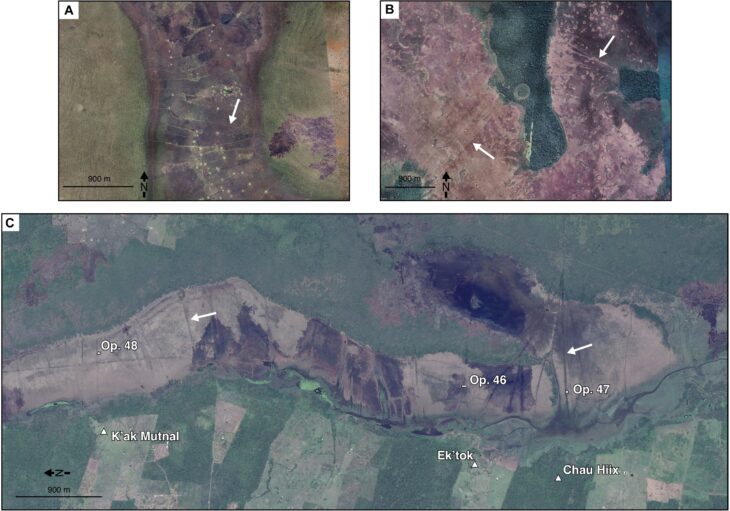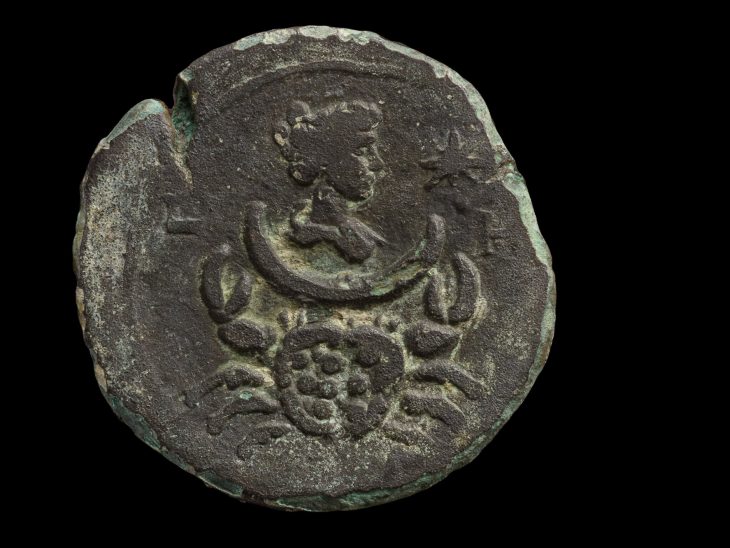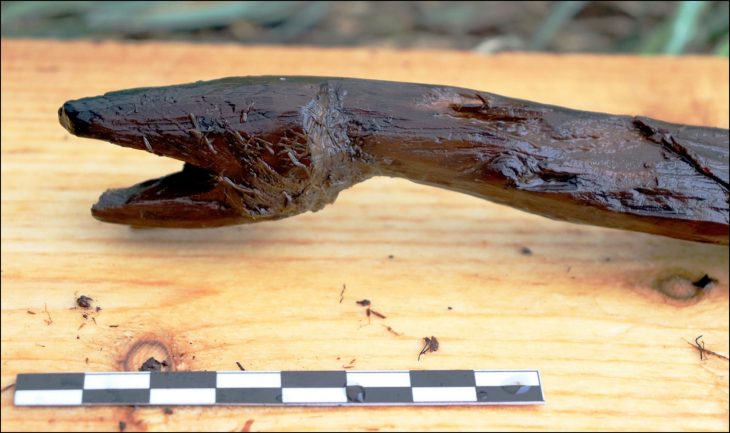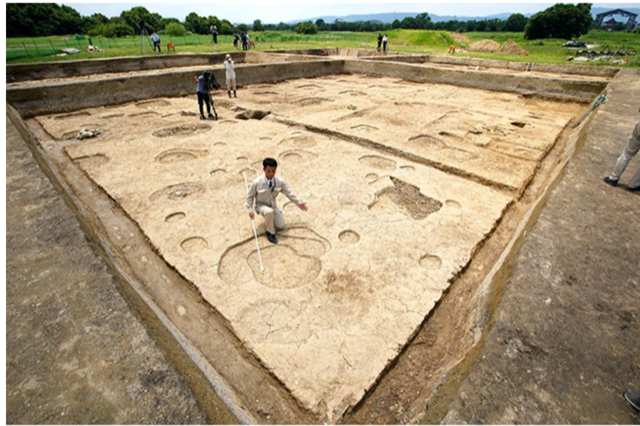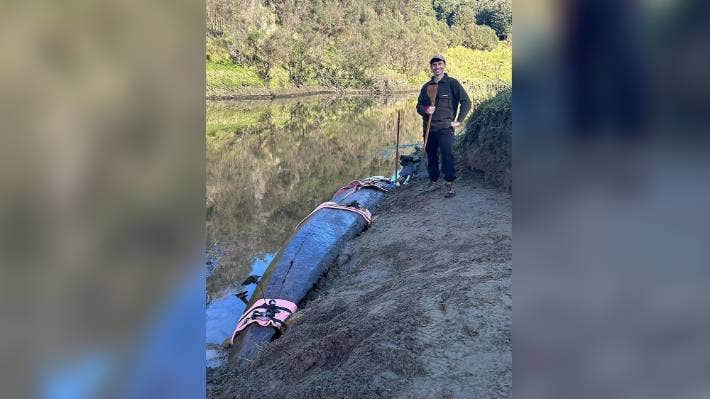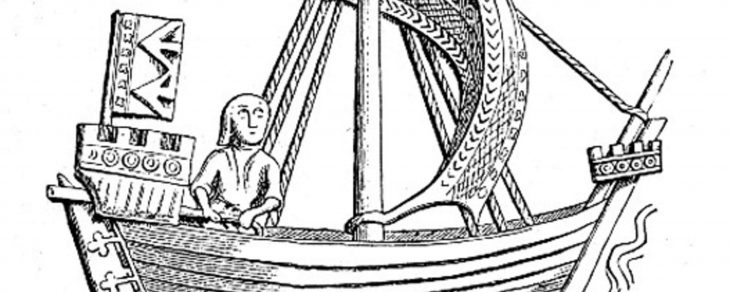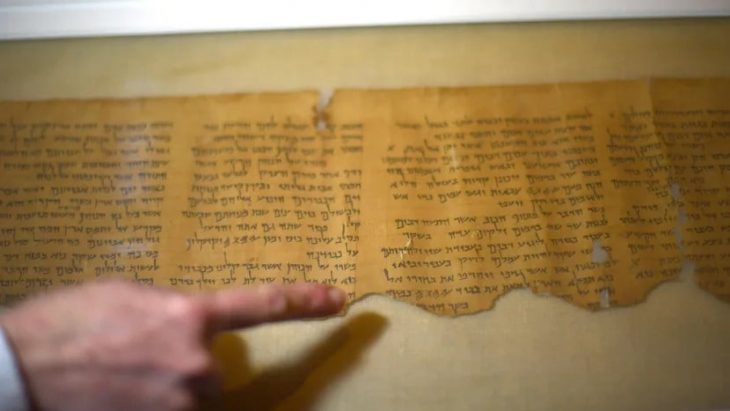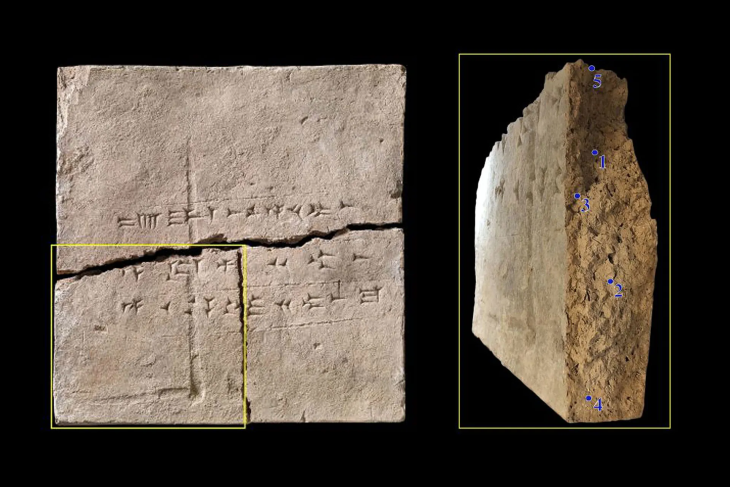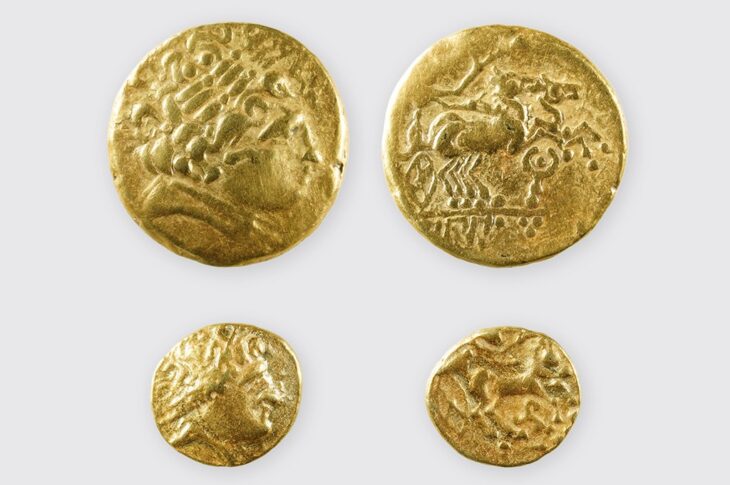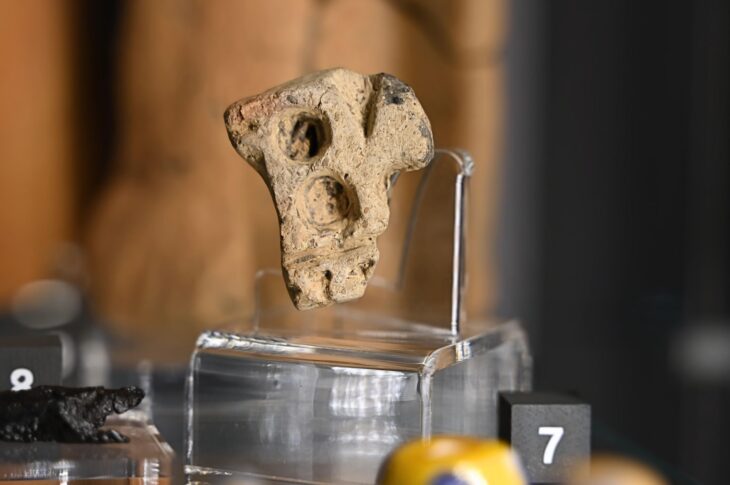Archaeologists have unearthed a more than 1,000-year-old mummy on the outskirts of Peru’s capital, Lima.
The mummified adolescent was wrapped in a funerary bundle, with ceramic objects, rope, bits of skin, and hair nearby, and found in an underground tomb.
Archaeologists believe the mummy, found at an archaeological site in Cajamarquilla, is one of 20 buried in the area likely killed as a ritual sacrifice.
The mummified adolescent was found in a “good state of conservation,” said archaeologist Yomira Huaman, in charge of the Cajamarquilla research project affiliated with the Universidad Nacional Mayor de San Marcos.
The adolescent lived between 1,100 and 1,200 years ago, and might have belonged to the Lima or Ichma cultures. The mummy was discovered about 220 yards from where the first mummy of Cajamarquilla was found, explained Huaman, referring to another mummy found nearby last year.
📣 Our WhatsApp channel is now LIVE! Stay up-to-date with the latest news and updates, just click here to follow us on WhatsApp and never miss a thing!!
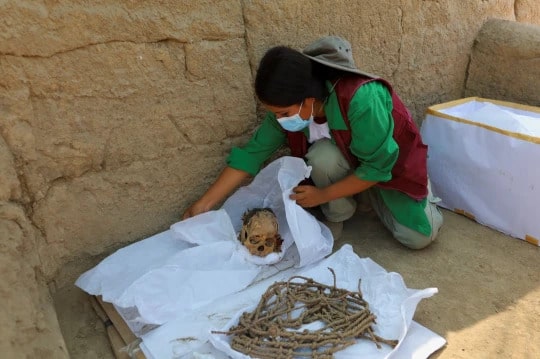
‘From ceramic analysis we have identified that it was mostly occupied by the coastal presence, the late Lima culture, also a strong influence of the Ichma culture,’ said Huaman.
The way the teen was buried was unlike other mummies that have been discovered in the past. Most bodies in Cajamarquilla have been found in simple tombs or funeral chambers, while the adolescent was found in what appeared to be a storage container.
Archaeologists, also they have uncovered the ruins of four pyramid-shaped temples and walls laid out almost like a maze.
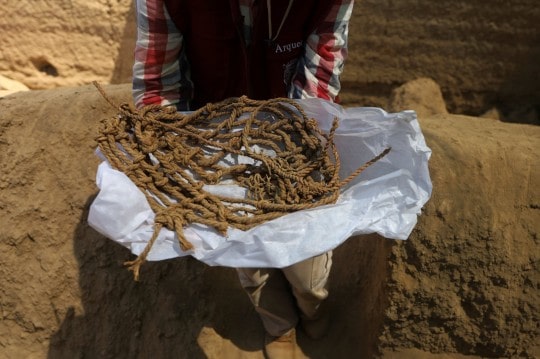
While best known for the mountaintop Inca royal retreat of Machu Picchu, Peru was home to a number of pre-Hispanic cultures that flourished in the centuries before the Inca empire rose to power, primarily along the country’s central coast and in the Andes.
The Lima civilization was known for its ceramic artwork, which included styles such as Maranga and interlocking patterns that reflected the nearby Moche culture.
Cover Photo: Reuters/Sebastian Castaneda

